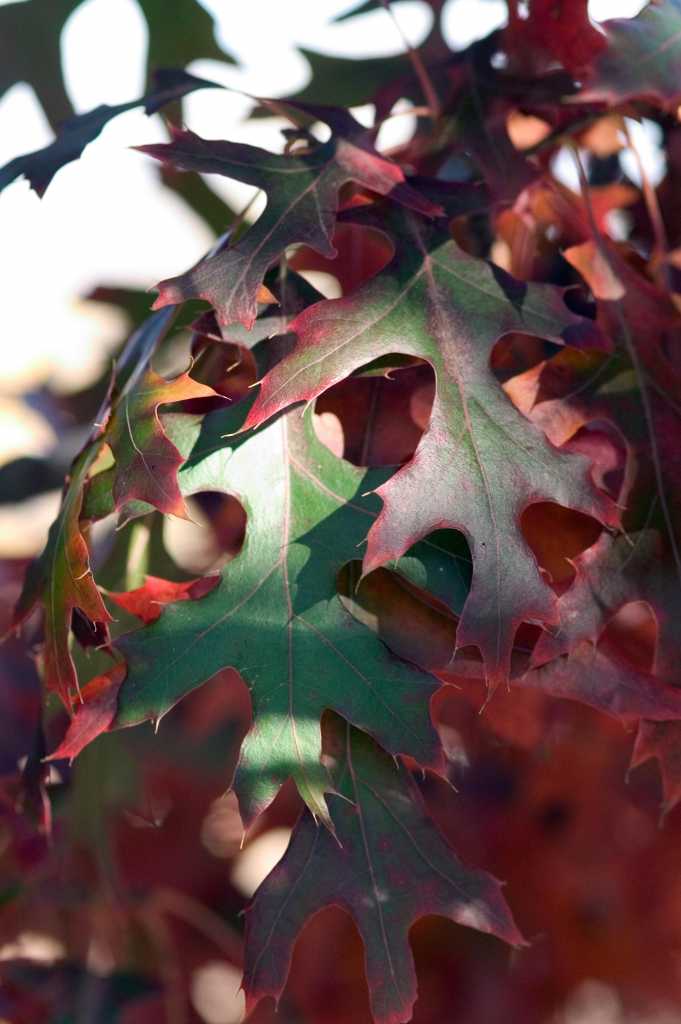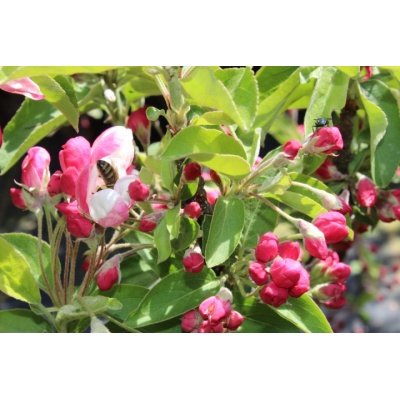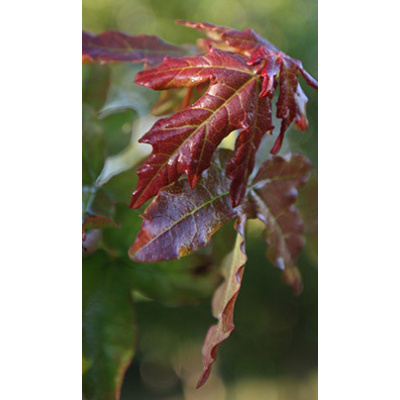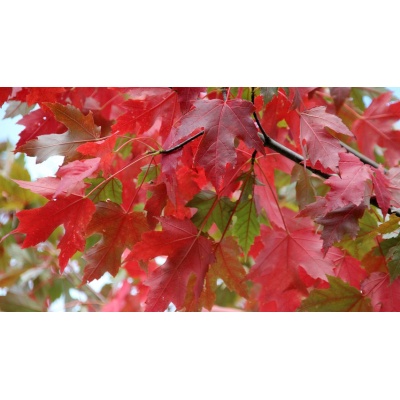Description
 Majestic Skies™ Northern Pin Oak
Majestic Skies™ Northern Pin Oak
Quercus ellipsoidalis ‘Bailskies’
Majestic Skies™ is a large shade tree with a symmetrical form and straight branching, a distinct improvement over the species. Foliage is more substantial and darker green, and shows excellent red fall color. Northern pin oaks prefer to grow in full sun with deep, well-drained soil.
Height: 60′
Width: 45′
Exposure: Full Sun
Zone:3-6
Additional Attributes
Foliage: Thick glossy green
Growing Tips
Pruning: Late winter
Watering: Low to medium
Fertilizing: Balanced NPK




Reviews
There are no reviews yet.